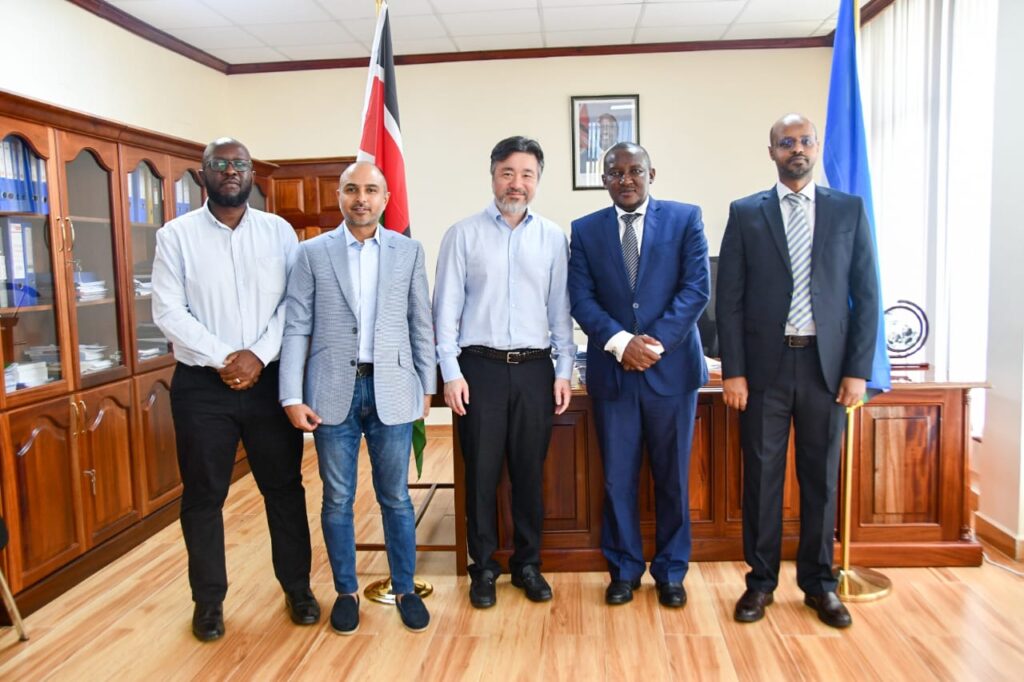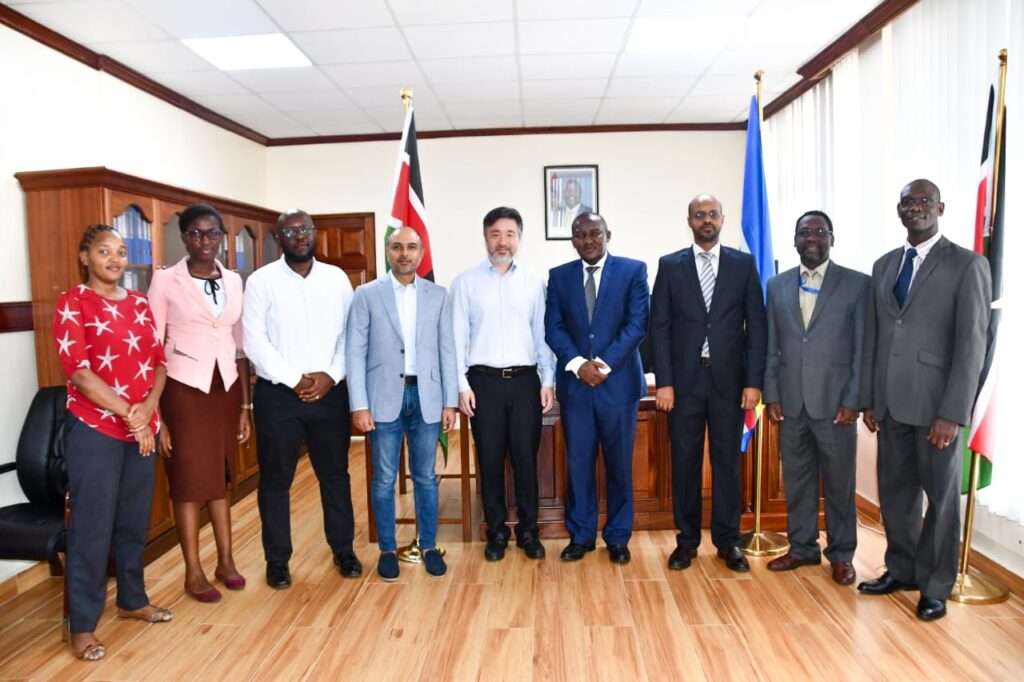State Department for irrigation is now geared up on irrigated farming for palm oil to reduce import bill for edible oil in Kenya
Today, I had the privilege of meeting with investors from the world’s largest palm oil producer and a team from the Presidential Council of Economic Advisors who paid us a courtesy call. We discussed a long-term plan to stabilize edible oil prices in Kenya by focusing on large-scale irrigated farming of palm oil. Kenya currently imports over 90 percent of its vegetable oils, costing us more than Ksh150 billion annually, despite having the capacity to produce these oils locally.
These initial discussions mark the beginning of what we hope will become a comprehensive engagement involving multiple stakeholders, including research institutions, the national government, county governments, and the private sector. Kenya has immense potential to reduce its reliance on imported foods, particularly edible oils, which we can competitively produce here. We believe that investing in irrigated palm oil farming will provide a sustainable solution to the external shocks that often disrupt edible oil supply, contributing to inflation and periodic spikes in the cost of living.
Data shows that edible oil, especially palm oil, is one of our largest imports after petroleum. The Kenya Kwanza Manifesto has identified edible oil as a priority in its value chain approach to promoting local manufacturing. As a government, we are committed to engaging all stakeholders to drive economic growth by creating jobs, reducing the import bill, and supporting agriculture and local manufacturing to alleviate the cost of living for all Kenyans.
Source: https://twitter.com/EphantusKim/status/1765027082625540394?t=9DS4AOshTcA5n6NAtqLkkg&s=08




